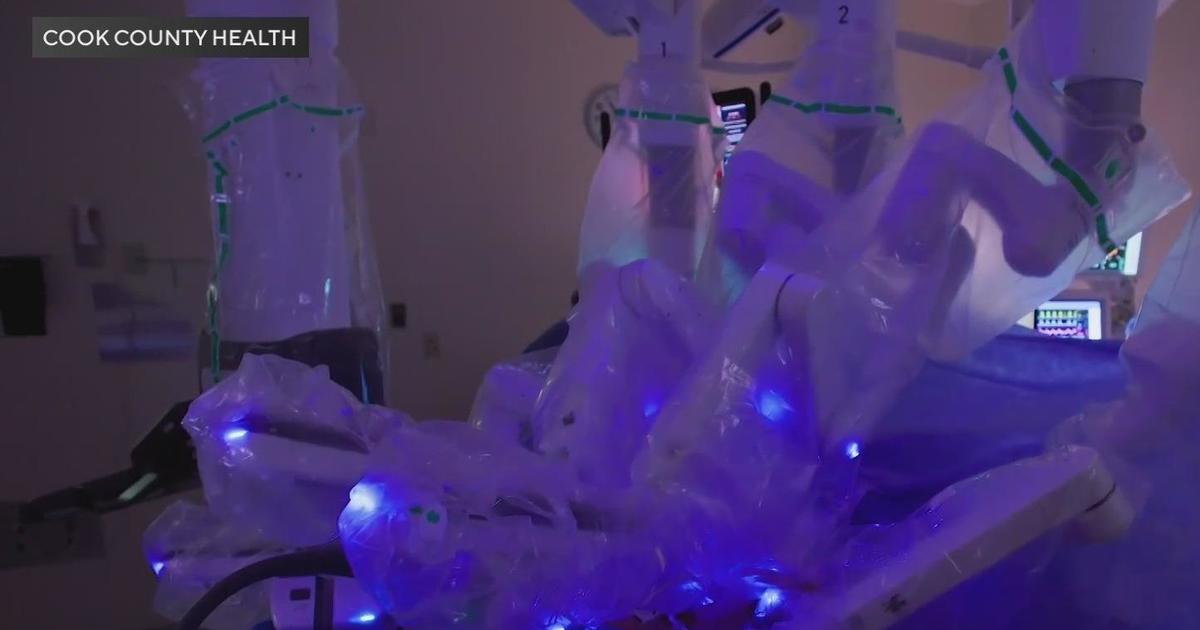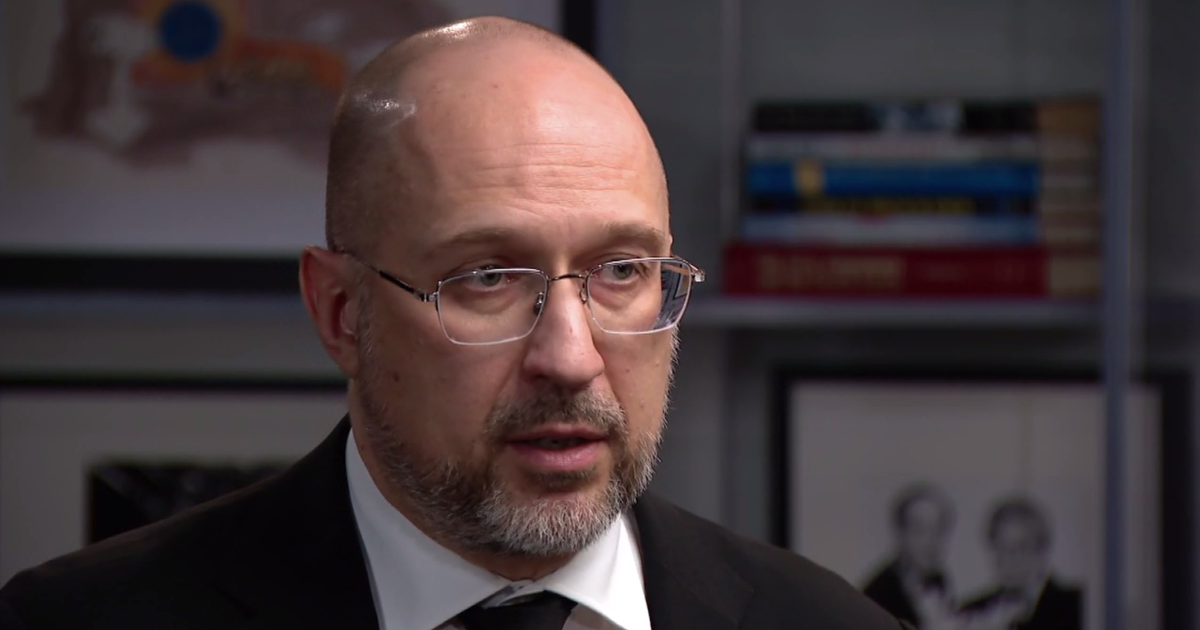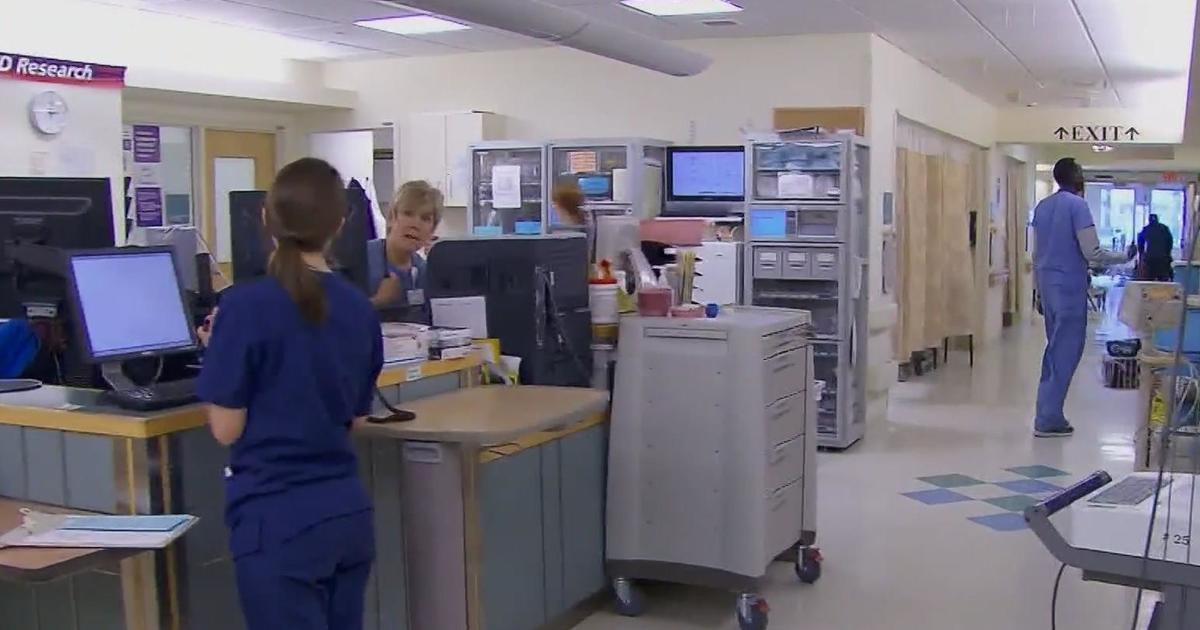Vitamins: Are They Really Good For You?
CHICAGO (CBS) -- Vitamins have become a multi-million dollar industry.
People are grabbing up bottles that claim to promote health and longevity. But new research shows not all vitamins are good -- and some can even be harmful.
Like many people, Jean Carlquist takes a lot of vitamins and spends up to $30 a month on them.
But Dr. Leslie Mendoza Temple, of Northshore University Health System, says many patients take all kinds of supplements and many of them are unnecessary.
So what do we really need?
"I recommend omega-3 fatty acids, which are fish oils or flaxseed, because most people here don't eat fish regularly," Mendoza Temple says.
That supplement helps lower the risk for heart disease and depression.
Many of us also need more vitamin D to fight cancer and absorb Calcium for our bones.
Folic acid is also something she recommends for women who are pregnant or trying to get pregnant to help ensure your baby's healthy development.
However, the vast majority of vitamins on the market don't provide the benefits they promise and can actually be harmful.
"I would avoid high doses of vitamin A and beta carotene if you're a smoker. It may increases the risk of lung cancer," Mendoza Temple says.
New studies also link too much vitamin E to prostate cancer.
Another recent study found an increased risk of death in older women taking too many multi-vitamins. With any vitamin, you can get too much of a good thing.
"Too much vitamin D, you can compromise your kidneys through for the formation of kidney stones and you can also put too much calcium in your bones, and then they can become too dense," Mendoza Temple says.
She says it's much better to skip multi-vitamins and focus on eating healthy.
But what about those supplements for specific needs, like improved vision or menopausal women? People see them in the store and think that's made just for them.
Mendoza Temple says it's all marketing.
While Carlquist takes Vitamin D, B and fish oil, she stopped taking a multi-vitamin.
"Once I started to understand what was in them ... I felt like I was getting enough from good food I was eating," she says.
So how much do you take if you do have a vitamin deficiency? Mendoza Temple says a healthy dose of vitamin D for most adults is 2,000 units a day. However, the only way to know exactly how much you need of any vitamin is to get a blood test.



